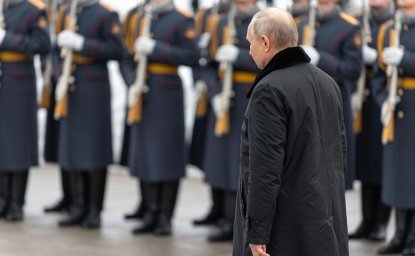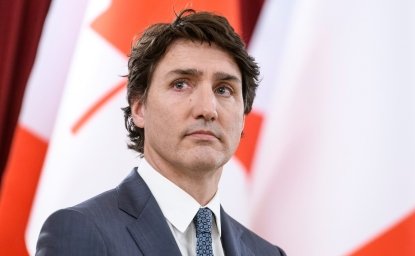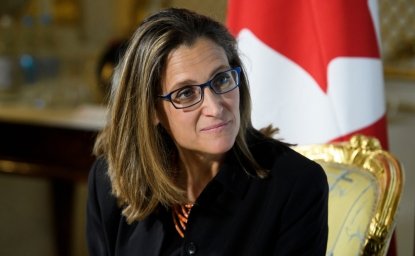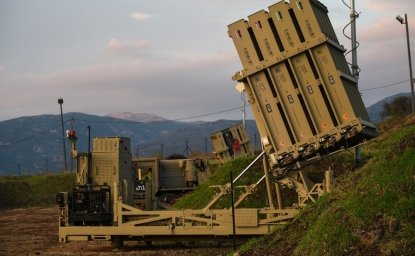The Latest
As a result of sanctions on Russia, Chinese banks are now conducting lengthy compliance checks on yuan-denominated transactions from Russia, which is slowing down trade and leading to fluctuations in the yuan exchange rate between Moscow and Shanghai. Banks are showing heightened caution so that they don't inadvertently violate US sanctions by processing transactions originating from sanctioned entities. Artem Gergun, a fellow with the Wilson Center’s Kennan Institute, provides an overview of why these compliance checks are significant. He covers the resulting delays in imported goods into Russia, the potential for black markets in China, how China is leveraging the situation by getting oil and gas deals from Russia, and the impact of sanctions on the war in Ukraine.
Transcript of Video
-
Sanctions Disrupting Russian Trade: Chinese Banks Cautious Amid Threat of US Penalties
Guest

Advisor to Chairman of the Economic Affairs Committee MP Dmytro Natalukha, Verkhovna Rada, the Parliament of Ukraine

Kennan Institute
The Kennan Institute is the premier US center for advanced research on Eurasia and the oldest and largest regional program at the Woodrow Wilson International Center for Scholars. The Kennan Institute is committed to improving American understanding of Russia, Ukraine, Central Asia, the South Caucasus, and the surrounding region though research and exchange. Read more

Explore More
Browse Insights & Analysis
The Risks of Russia’s Two Speed Economy in 2025

Poland's EU Presidency: It’s all about Security







